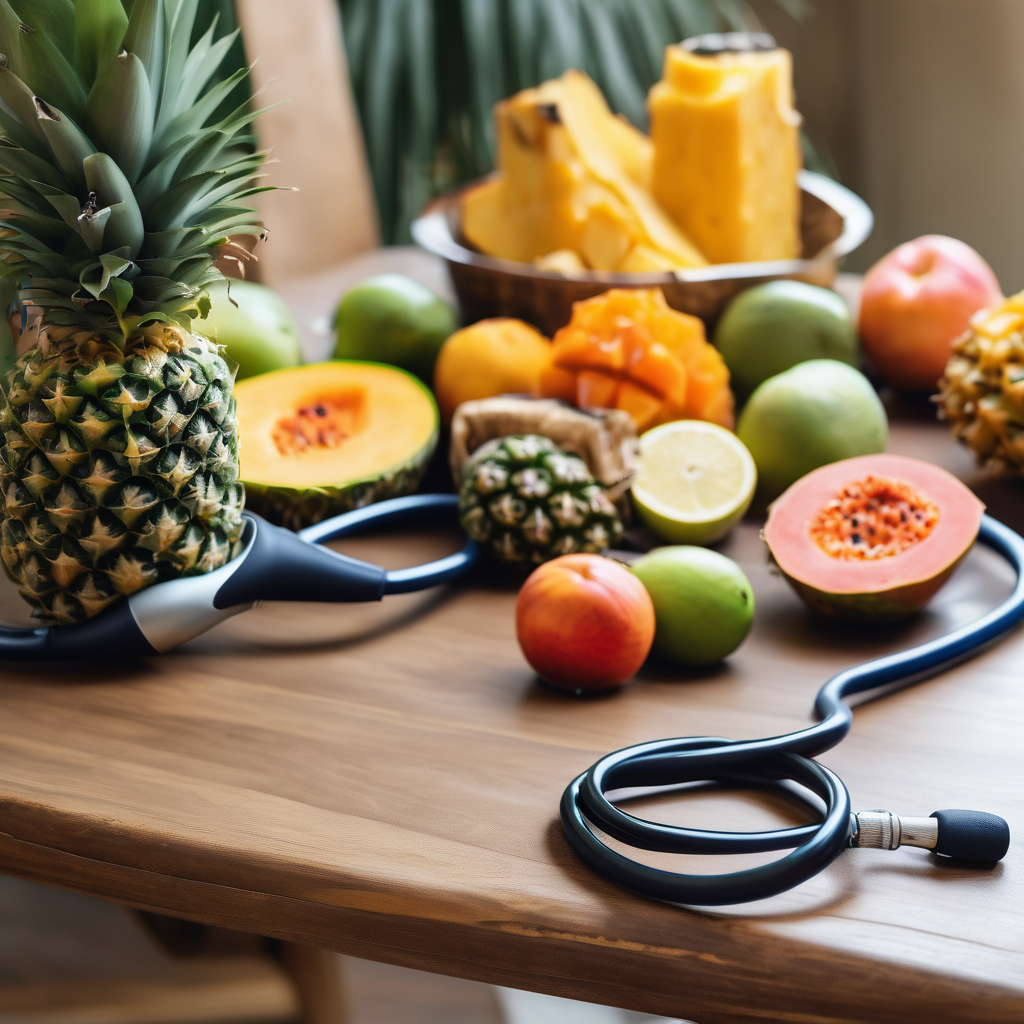Stroke rates among younger adults in Fiji are escalating, prompting urgent public health concerns. Tomasi Tuibua, who suffered a stroke at just 32 years old, shared the significant impact this health crisis has had on his family and responsibilities. As a father of six, Tuibua stressed the vital need for early detection and lifestyle changes to prevent negative health outcomes.
Tuibua’s recovery journey highlights the difficulties faced by many stroke survivors. He acknowledged the challenges of being the main provider for his family while coping with the repercussions of his stroke. His personal experience emphasizes the importance of staying hydrated, exercising regularly, and seeking immediate medical care when stroke symptoms arise.
Another survivor, Vilimaina Moqolaki, recounted her experience of recognizing stroke symptoms at home, which ultimately led her to seek help. Their shared stories underline a critical message: awareness and healthy habits are paramount in preventing strokes and related health issues.
This concerning trend has attracted the attention of health officials and organizations like Counterstroke Fiji, which reports that around three individuals are admitted to hospitals daily due to strokes. Alarmingly, this rise in stroke incidents spans all age groups, including cases involving children as young as four years old.
Elizabeth Reade Fong, president of Counterstroke Fiji, advocates for significant dietary changes, urging a move away from ultra-processed foods toward healthier alternatives. She emphasizes that prevention is essential, stating, “prevention is the only cure,” and promoting a holistic approach that includes balanced nutrition and increased physical activity to significantly lower stroke risk.
Furthermore, Dr. Luisa Cikamatana highlighted that non-communicable diseases, particularly diabetes and hypertension, contribute to the increasing stroke cases. The focus on timely intervention, community education, and lifestyle modifications remains crucial in addressing these alarming trends.
As awareness around stroke prevention grows, there is a hopeful vision for a unified response to these health challenges. Ongoing initiatives by organizations like Counterstroke Fiji aim to provide support and motivation, encouraging healthier practices within the community. Through education and proactive efforts, Fiji has the potential to move toward a healthier future.
